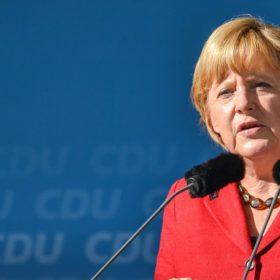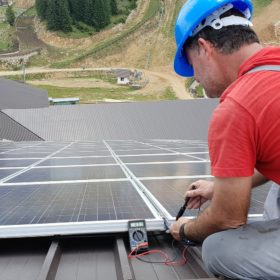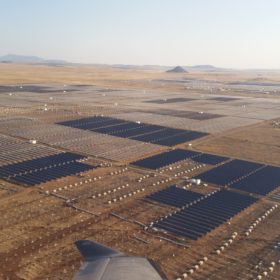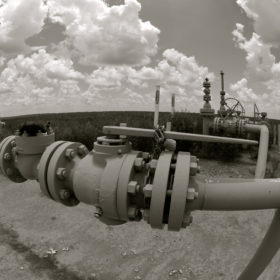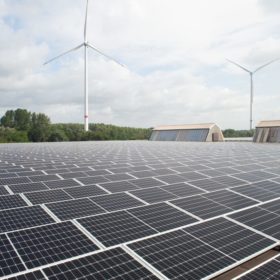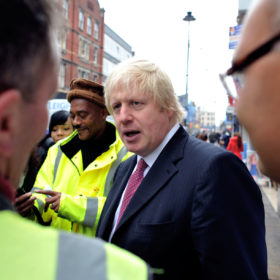Germany lifts cap on solar FIT program with new Climate Change Act
While the solar industry will welcome the move, the feed-in tariff paid to small systems is still reducing thanks to the volume of new capacity installed every quarter. Announcing a wide-ranging policy package on Friday, Angela Merkel admitted Germany will miss the carbon emission target set for next year.
Live fast, die young: MIT study proposes use of 10-year panels
Research has found even short-lived, 10 to 15-year solar panels could provide enough return for bankable projects. The researchers believe panel costs, coupled with an industry mindset now fixed on the final solar energy price rather than costs per kilowatt installed, may open opportunities for PV products currently snubbed because of a short lifecycle.
South Africa’s water-energy nexus leaves room for improvement
A team of researchers modeled the country’s energy future, finding that the drought plagued municipalities could benefit massively from large scale renewables deployment. The current reliance on coal-fired power stations causes immense water consumption, worsening the problem.
Solar, renewables and hydrogen for greener marine transport
A new report in Sweden suggests that renewables are an ideal source of power for marine vessels, based on a case study in which solar PV and proton-exchange membrane fuel cells, combined with a diesel generator, were used to reduce the greenhouse gas and particulate emissions of cruise ships by almost 10%.
Climate strike!
As of 11.30 CEST, the global pv magazine team in Berlin will down tools to attend the global climate strike at Brandenburger Tor.
‘The world has no chance of beating climate change if natural gas is part of the mix’
A report by Germany’s Energy Watch Group thinktank has said we would be better off sticking to coal and oil than switching to gas because emissions of methane, the most potent greenhouse gas, caused by gas extraction render any related carbon savings irrelevant.
Sahel regional leaders give new push for 10 GW Desert to Power initiative
The African Development Bank last year disclosed a plan to install 10 GW of solar in the deserts of the Sahel. A recent summit held in Burkina Faso may have brought the ambitious project a step closer.
Belgium’s largest PV rooftop commissioned by ArcelorMittal
The €7.5 million project, built by Dutch energy provider Eneco, is intended to power operations at the Ghent factory of the Indian steel manufacturer. Arcelor’s employees were invited to participate through crowdfunding.
French postal service aims to deliver stable energy bill using renewables
The La Poste Group wants one or more green corporate PPAs, to be procured through a tender. The postal service wants to hedge against volatile energy prices.
Brexit paralysis and lack of incentives leave community energy facing uphill struggle in the UK
The future benefits of technology such as smart meters and the associated aggregation of small scale generation are not being adequately rewarded, support for solar and wind is being cut off and parliament is fixated solely on one issue.
